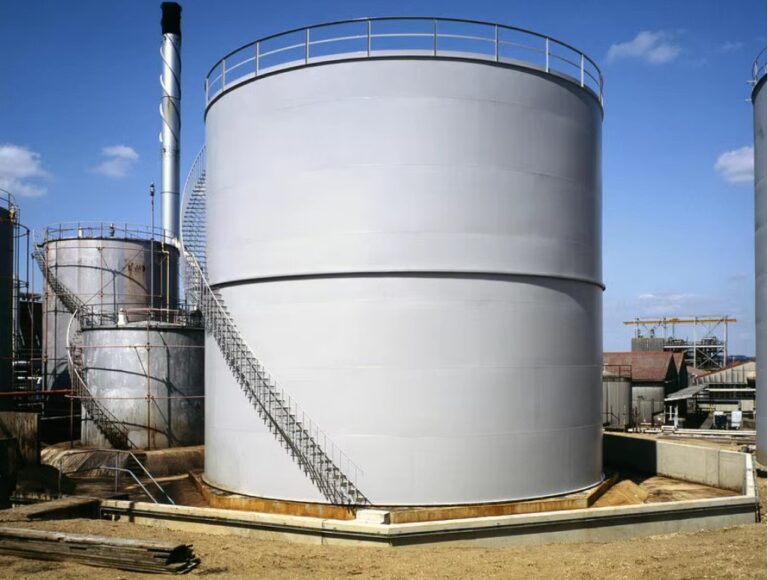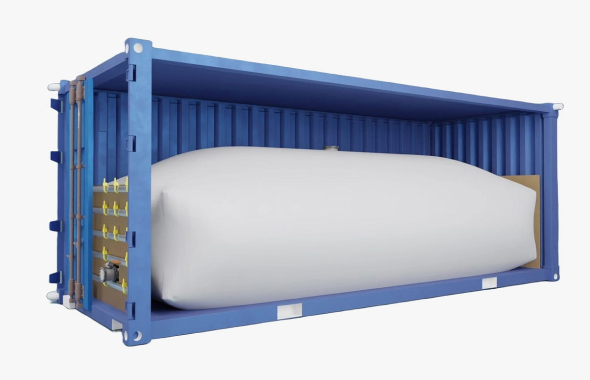Used cooking oil (UCO)
Our supply solutions for producers
UCO as a Biodiesel Feedstock
Used Cooking Oil (UCO), sometimes referred to as waste cooking oil, includes oils and fats that have been previously used for cooking or frying in the food processing industry, restaurants, and households. UCO can originate from both waste vegetable oil and animal fats. It is estimated that approximately 90% of cooking oils and fats in the EU are derived from vegetable oil.
The quality of UCO is crucial for its conversion into advanced biofuels and is influenced by several factors, including the method of oil collection. The primary challenge in using UCO as a renewable energy source lies in its impurity content, such as free fatty acids and water. Even in small amounts, free fatty acids can cause issues during the transesterification process—the method used to produce renewable fuels for diesel engines. As a result, UCOs intended for biodiesel production must meet specific standards to avoid these complications.
UCO-based biodiesel is in line with the European Commission’s Renewable Energy Directive, which addresses greenhouse gas (GHG) emissions, biodiversity, and carbon stock. Under this directive, used cooking oil and certain tallows are classified as ‘waste vegetable and animal oils.’ The use of these materials in FAME (Fatty Acid Methyl Ester) production is estimated to deliver carbon savings of 83%
What we do for supplying UCO?
At GreenOiler, we have established long-term contracts with restaurants, hospitals, and local collectors to purchase and store their used cooking oil (UCO). After the initial purification process, we adjust the free fatty acid (FFA) content to meet the specific needs of our clients. The FFA percentage can range from less than 1% to 15%, depending on the requirement. We adhere to ASTM standards for our UCO, ensuring that biodiesel producers can accurately determine the precise specifications of our product.

What is our packing for export?
The best way to pack UCO for shipping worldwide is by using flexible tanks. A flexitank is an efficient and secure system for maritime transport of bulk liquids. It consists of a polyethylene bag installed in a container and can transport between 16,000 and 26,000 liters. This transforms a conventional 20’DV container into a safe and efficient marine transportation system for bulk liquids. Here at our facilities, we pack our UCO using high-quality flexitanks to ensure safe and efficient delivery.


